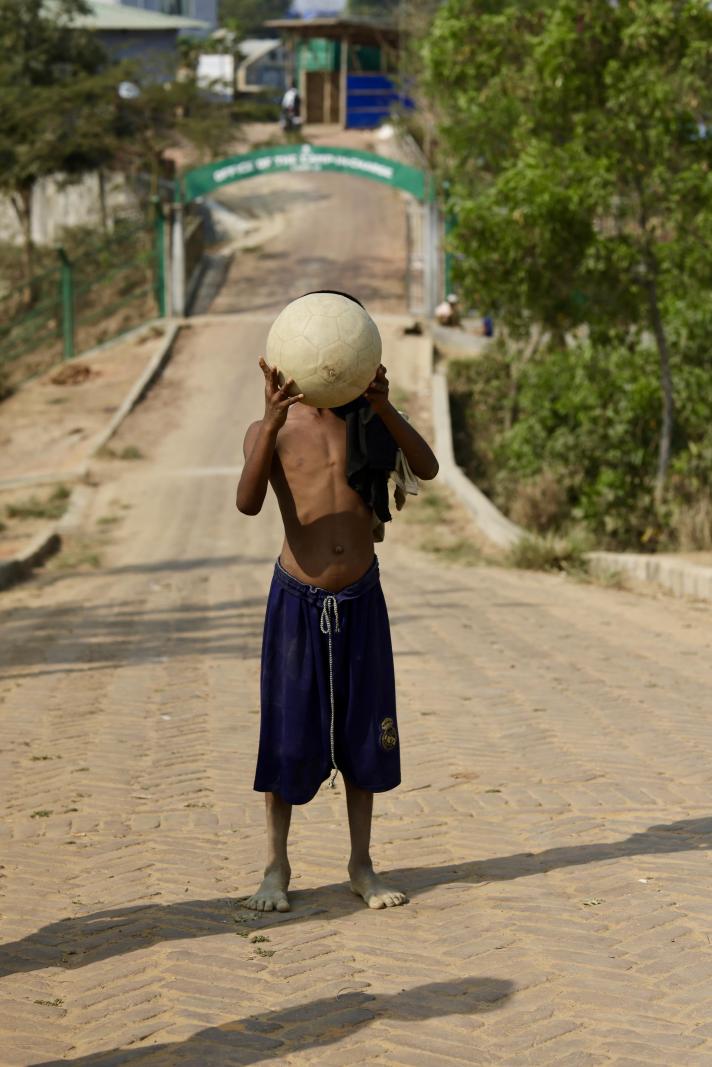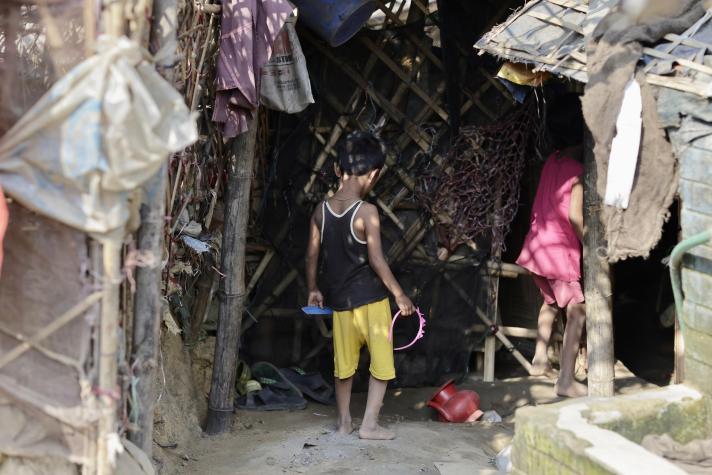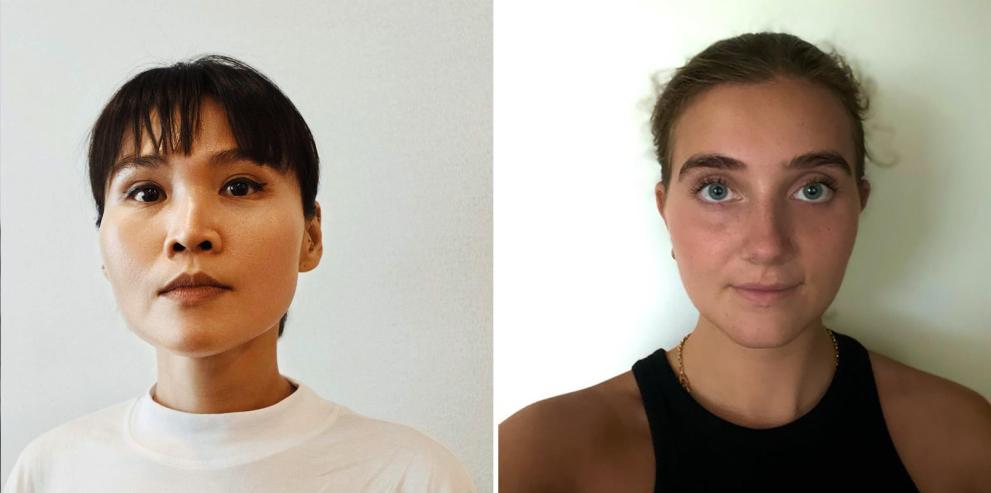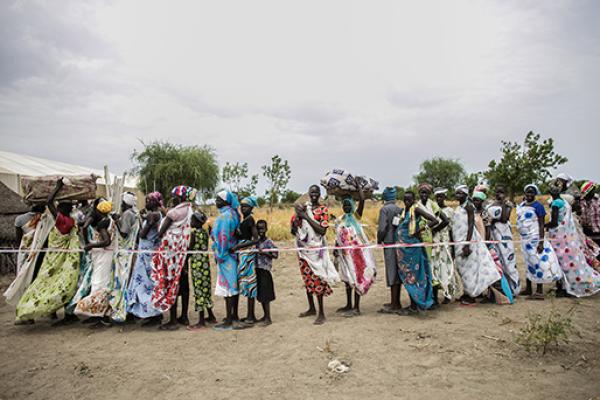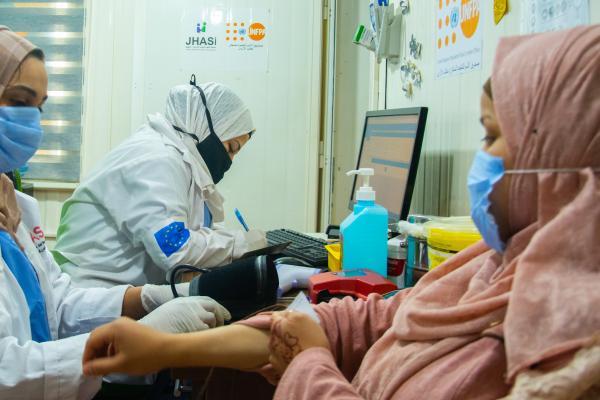In the sprawling refugee camps of Cox’s Bazar, Bangladesh, families who have endured years of displacement and hardship now face an even more uncertain future with dwindling resources. Cox’s Bazar, home to the world’s largest refugee settlement, comprises a dense network of 33 camps sheltering more than 1 million Rohingya refugees from Myanmar. They cannot move freely or work, leaving them no choice but to depend on humanitarian assistance.
As the global gap between humanitarian needs and humanitarian funding continues to grow, any aid cuts would deepen an already dire situation in the camps. Malnutrition rates, especially among children, are expected to skyrocket, while access to medical treatment becomes more and more challenging.
This year, the European Union has allocated an initial €32.3 million in humanitarian aid for Bangladesh, following more than €54 million in 2024. These funds have been designated to support Rohingya refugees and their host communities by providing food, water, healthcare, protection, education, and disaster preparedness.
For now, the World Food Programme (WFP) has secured additional funding that would keep the food rations at €11 per person per month until October 2025. Funding shortfalls also affect all other aid services in the camps. Humanitarian organisations are forced to scale back critical assistance including healthcare, protection, access to safe water, and waste management programmes, many of which rely on international donor support.
The images below were captured during a recent visit to Bangladesh and the Rohingya refugee camps in Cox’s Bazar. They offer a glimpse into daily life, depicting both the resilience of the people and the stark realities they face.
Humanitarian assistance plays a vital role in supporting vulnerable populations such as women and girls.
Women’s safe space: this UNHCR-run centre, accessible only to women, offers a safe environment for providing education, psychological support and recreational activities.
A country at risk: Bangladesh is among the world’s most disaster-prone nations, exposed to cyclones, floods and earthquakes. In 2024-2025, the EU is investing €7 million to mitigate the impacts of hazards such as floods, landslides or fires.
An estimated 12% of the nearly 1 million Rohingya refugees in Cox’s Bazar live with disabilities. They face additional challenges when trying to access basic services like water, food and medical care.
Inclusive support: psychological support, prostheses, home-based care and physiotherapy are offered to people living with disabilities by the Humanity & Inclusion rehabilitation centre.
Half of Rohingya refugees are children. They are especially vulnerable to malnutrition, disease outbreaks, gender-based violence, child marriage and child labour.
EU Commissioner for Preparedness and Crisis Management, Hadja Lahbib, visits a UNICEF-run learning centre in Cox’s Bazar. Here, Rohingya children can learn in a safe environment.
Revenue opportunities: local farmers bring their produce to an aggregation centre run by the World Food Programme (WFP). The produce is then sold in the camps, generating revenue for the host population.



